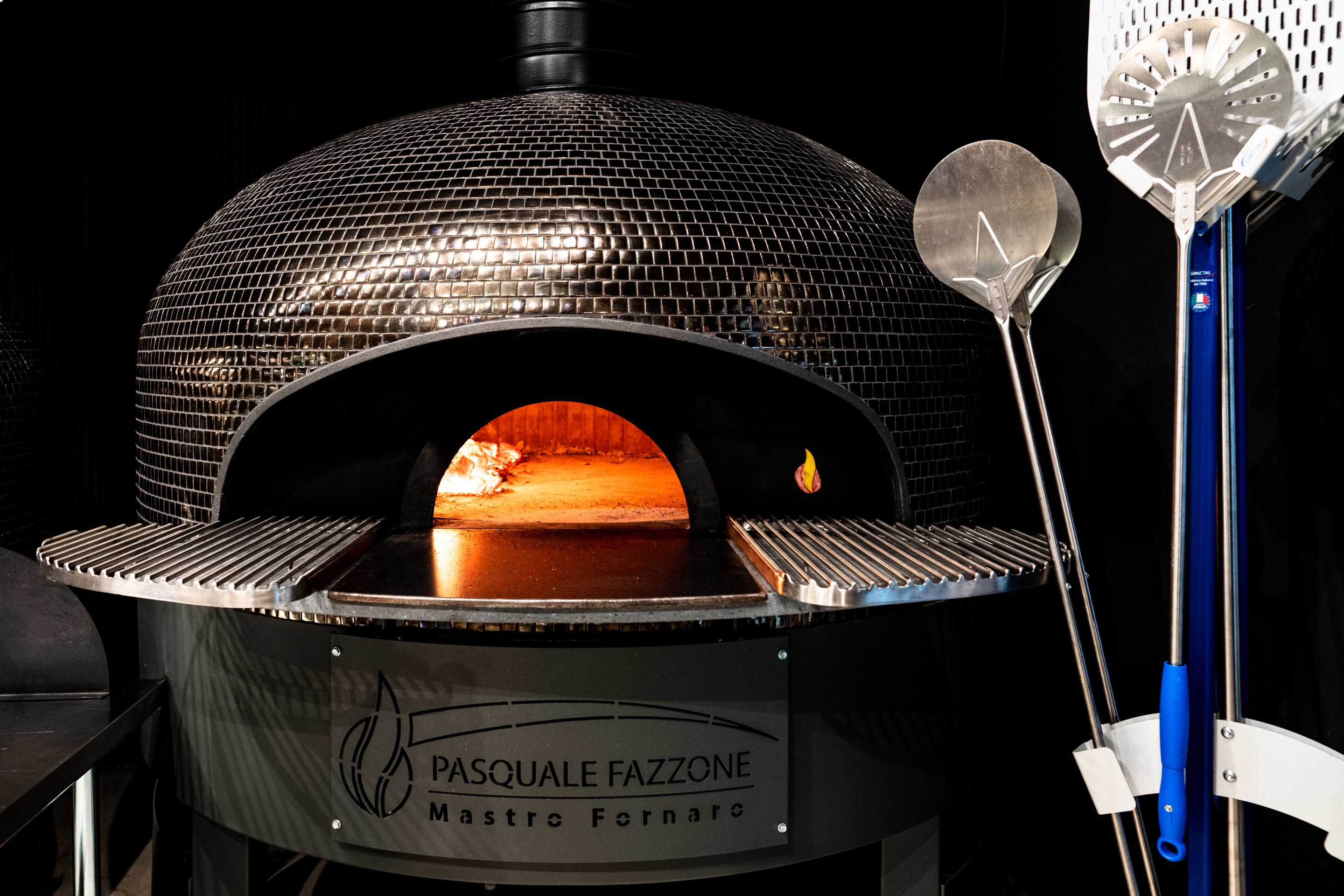We all keep certain spices and essentials in the kitchen — salt, pepper, sugar — the list goes on. But if you want to master Italian cooking, there are specific ingredients you’ll want to keep on hand.
Some on the list are intuitive, according to Hadar Cohen Aviram, an executive chef at McCormick.
“Italian cooking relies heavily on fresh, local ingredients,” Aviram says. “That’s why it may not come as a surprise that lots of spice staples are actually dry herbs. To allow for year-round use, dry herbs are used for convenience.”
And while we often think of fresh as best, Aviram advises that some dry versions of herbs actually pack more of a punch than their fresh counterparts.
Just keep in mind that the timing of adding dried herbs versus fresh is different: “Unlike fresh herbs which are added towards the end of the cooking process to protect the herb flavor and integrity, dry herbs are added at the beginning of the cooking process to allow the flavors to rehydrate and infuse the dish,” Aviram says.
While there are many fresh and dried herbs and spices on the market to consider, there are several that Aviram says are ideal for cooking Italian dishes.
Oregano
“Robust, aromatic, floral, and with a subtle peppery kick, oregano needs no introduction; from sprinkling on pizza to garnishing minestrone soups, this flavorful herb became synonymous with Italian cuisine.”
Tip from McCormick’s culinary team: “Add a sprinkle of oregano to chicken, fish, fresh tomatoes, cooked potatoes, or rice to get an instant Mediterranean flair.”
Basil
“Sweet and fragrant basil brings out the sweetness in tomatoes and is used in many tomato-based Italian dishes including pizza, pasta, and marinara sauce.”
Tip from McCormick’s culinary team: “Dry basil pairs well with vegetables, chicken, pork or seafood; try adding it to marinades and sauces used to flavor the dishes.”
Bay leaves
“Traditionally used to flavor long-cooked dishes like braises and stews, from Sunday sauce to meatball sauce, dry bay leaves are known to maintain their strong aroma.”
Tip from McCormick's culinary team: “Drop a bay leaf into your favorite slow cooker recipe, or, when making mashed potatoes, add 2 bay leaves to the cooking water. Be sure to remove the leaves, as flavor will keep developing as it sits!”
Rosemary
“Aside from its long symbolic history as a token of friendship and luck, rosemary has an aromatic, piney and bold flavor, and is widely used in the Italian cuisine to flavor fish, meats, and poultry. The dry version is more potent than its fresh counterpart.”
Tip from McCormick’s culinary team: “Add rosemary when roasting potatoes, add to chicken marinade before grilling, or mix with garlic powder and oil to brush on fish fillets before broiling; the flavor will develop during cooking, and less when sprinkled onto the dish after cooking is done.”
Thyme
“The milder, earthy, and subtly-minty younger sibling to rosemary, dry thyme can be swapped in 1:1 ratio with fresh – just ensure to add it towards the beginning stages of cooking.”
Tip from McCormick’s culinary team: “Add to roasted potatoes, vinaigrettes, and into tomato-based meat sauces.”
Crushed red pepper
“Iconic to Italian restaurant tables, adding crushed red pepper at the table is a long-time tradition in Italy. Other than the classic sprinkle on pizza and into pasta sauces, it’s the perfect companion to eggs, tacos, stews, and casseroles.”
Fennel seeds
“A bit under the radar, fennel seeds with their subtle licorice aroma is definitely a close runner-up. From adding a refreshing bite to biscotti cookies to being the signature floral aroma in Italian sausage, fennel seeds can really give you that Mediterranean vibe.”
Tip from McCormick’s culinary team: “Try adding 1 teaspoon of crushed fennel seeds to your usual recipe of pasta meat sauce or meatballs.”
And there’s always the option to grab a spice blend, too. McCormick, for example, carries its own Italian seasoning mix that Aviram said is “the perfect balance of Italian herbs” combining basil, rosemary, thyme, oregano and aromatic marjoram, among others.






